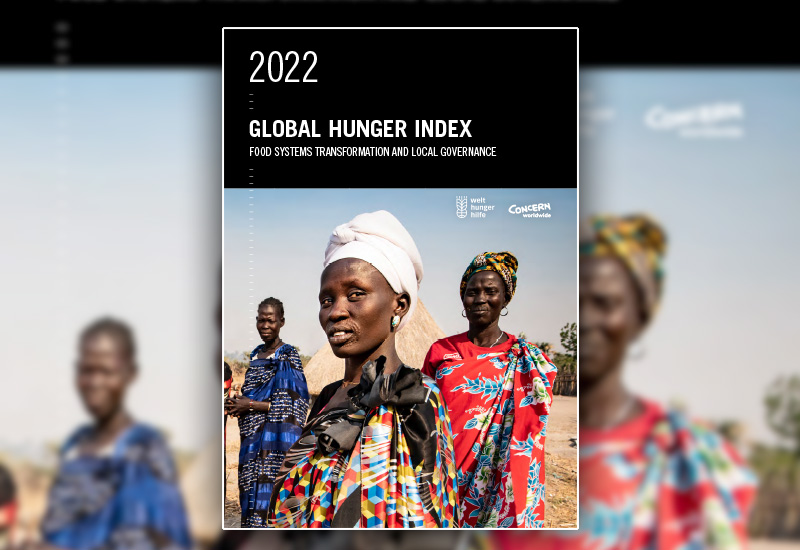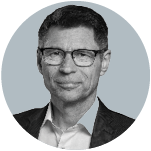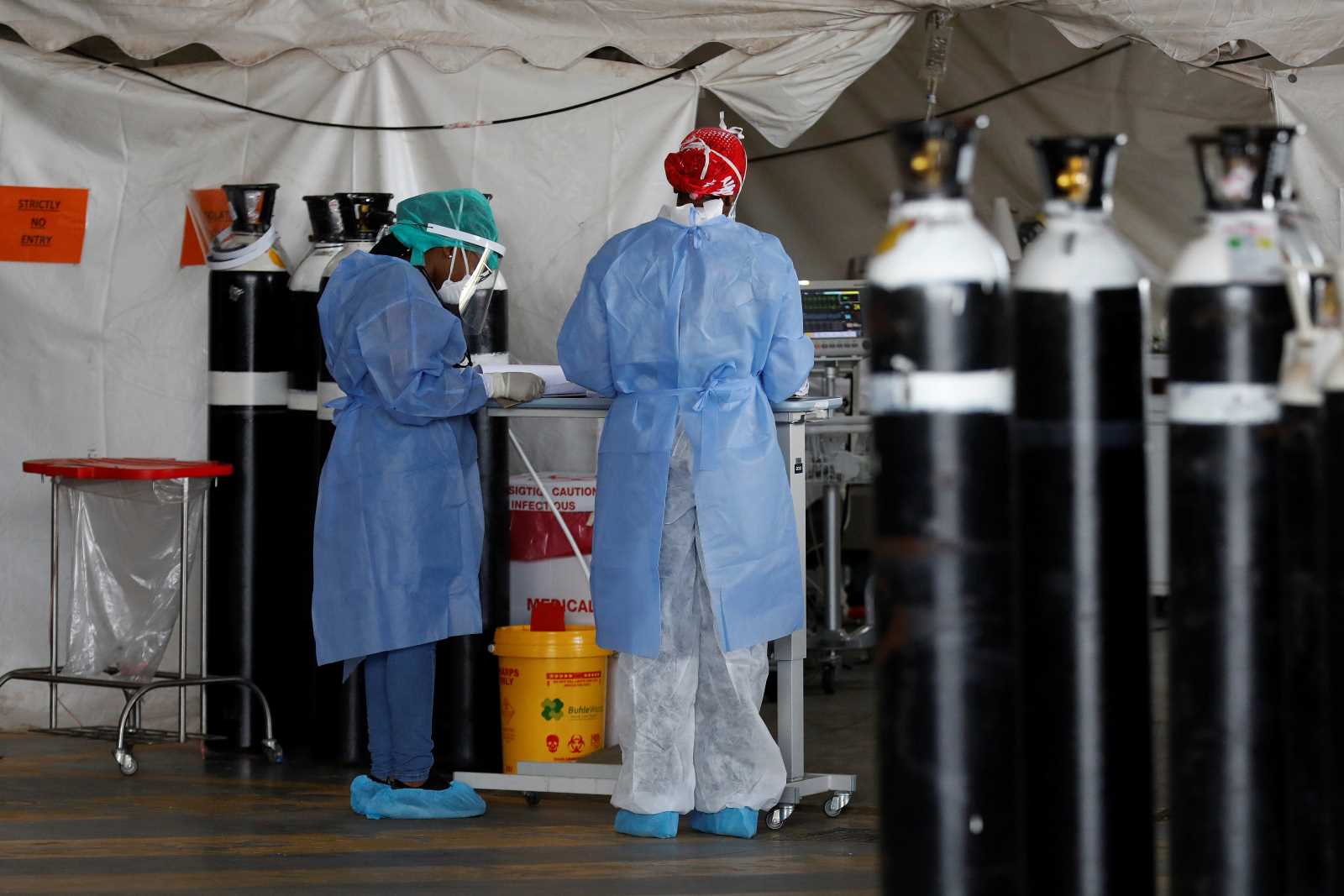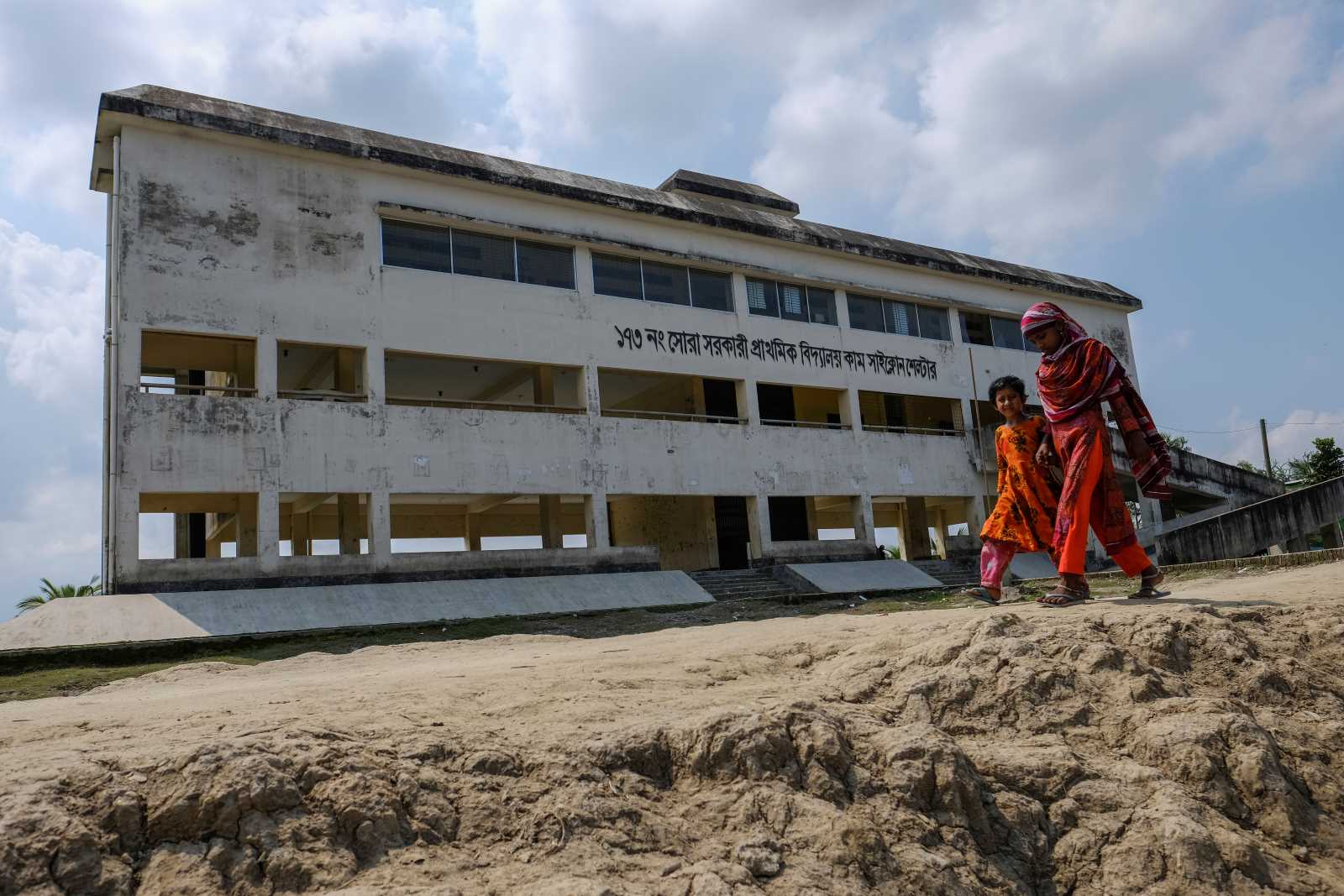Inequality
Leave no one behind, let no one get away
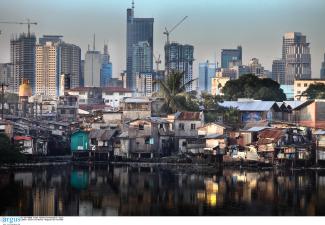
While there seems to be an international consensus about keeping poverty eradication on the post-2015 agenda, the notion that inequality needs to be reduced is not equally shared. The unequal distribution of wealth, resources and power, however, is the principal reason for the persistence of poverty and human deprivation. Why else would 40,000 people die on average every day due to a lack of access to adequate food, basic health care and safe water in spite of the huge material wealth humanity produces?
It is unacceptable that 20 % of the world population consumes 80 % of global resources. To spell it out clearly: this quintile is responsible for global warming and environmental degradation. The poorest 20 %, on the other hand, only account for 1.3 % of global consumption. These people lack adequate access to food, clean water and basic social services.
Research shows that physical and mental illnesses, crime and many social problems are more prevalent in comparatively unequal societies than in societies that distribute incomes and wealth more equitably. Inequality, moreover, tends to perpetuate itself. The more a society is dominated by small elites, the more likely it is to suffer corruption, oppression and outright authoritarian rule. It defies logic to expect equal rights to be enforced in any meaningful way in places where inequality is great.
It is equally absurd to believe that the suffering of the poorest can be reduced without reducing the privileges of the richest human beings at the same time. If we are serious about not leaving anyone behind, we cannot let anyone get away with disproportional riches either. It is simply impossible to tackle extreme poverty without tackling extreme wealth too.
Yes, the financing requirements for sustainable development will be huge. But humanity has the resources needed. Not even five percent of the accumulated estimated wealth of the world’s 12 million richest persons would be more than enough to cover the annual costs of a global social protection floor for the world’s poor plus climate-change adaptation and mitigation (see box "Excessive wealth" in sidebar: background information).
The MDG wish-list
In the eyes of civil-society organisations from developing countries, the MDGs were not much more than a worthy wish-list that did not add up to a convincing policy agenda (see my essay in D+C/E+Z 2013/07–08, p. 281 ff.). The problem was twofold: the goals were not binding – and they could not be, because the means to achieve them were not defined.
The obvious reason was that the means to tackle inequality are controversial. Most of them do not fit the neoliberal orthodoxy, according to which governments must only ensure private business to generate growth, in the course of which “the rising tide will lift all boats”. In this perspective, the most policy makers can do is promote “inclusive” growth of the kind that generates jobs and, perhaps, enforce minimum labour standards.
For the purpose of tackling inequality, other policy tools are more important, and the international community cannot afford to neglect them anymore. One is to ensure universal access to essential social services. Schools, hospitals and other facilities must not be left to the market. Experience proves that market forces on their own fail to provide everyone with quality education and quality health care. Therefore we need strong public-sector institutions.
To build and expand such public-sector institutions, we need to tax the rich more. And we have to stem tax evasion. At the same time, higher effective taxation, in itself, would contribute to reducing inequality.
Progressive taxes are indispensable, but not enough. We need asset redistribution too. Without meaningful land reforms, for example it will be impossible to improve the lot of share croppers and daily labourers who tend to make up the poorest people in many countries, not only in Asia. At the same time, we must promote common forms of ownership or stewardship of resources.
We need to rein in corporate power. We need to strengthen the rights of workers. We need to regulate the financial sector more stringently. We need to reform world trade and the global monetary architecture. All summed up, we need a progressive global agenda.
So far, that is not what we are getting. Instead, the old mantras of private-sector growth, low taxes, small government, privatisation and liberalisation are being repeated ad nauseam. The international community has been discussing sustainable development since the Earth Summit in Rio in 1992. Climate change has accelerated in these years. Does anyone really believe more of the same old policies is what we need now? Isn’t it obvious that they have basically helped the rich get even richer?
Looking beyond 2015, it would certainly make sense to have a global goal for reducing inequality in every country. It would also make sense to incorporate equality targets across other global goals. Particular attention would have to be paid to the lowest quintile of countries’ populations, because average data are not helpful for assessing inequality. What matters most, however, is that we must adopt the right policies to promote the common good if we want to achieve greater equality and development justice.
Paul Quintos works for the IBON Foundation, an international non-governmental organisation based in the Philippines. The author wishes to thank Simon Olsen of the Institute for Global Environmental Studies for the quip adopted here as the headline.
pquintos@iboninternational.org
